Iran's hard choice on FATF conundrum
The issue of Iran's membership in Paris-based Financial Action Taskforce (FATF) is one of the hotly disputed topics, with proponents and opponents each ardently sticking to their respective positions.
Supporters argue that Iran’s continued inclusion in the FATF blacklist has become a major challenge for the economy and a problem for the Iranian policy-making system for many years.
For years, economic and trade activists and entrepreneurs have accused decision-makers of indifference to financial transaction problems resulting from Iran’s disconnect from the global payments network SWIFT.
They cite the high cost of trade, economic and financial transactions due to the use of unconventional and obsolete methods such as exchange offices and commodity barter which has led to the growth of dealership and rent-seeking activity, corruption, and a shadow economy, calling for legal and policy measures to remove Iran from the FATF blacklist.
In 2016, Iran under the administration of president Hassan Rouhani agreed to an FATF action plan to move from the blacklist to the gray list, accepting 37 of the Western watchdog’s 41 recommendations and introducing relevant legislation to implement them.
By 2020, however, the FATF had reinstated the country on its blacklist due to what it called Iran’s failure to complete the process.
The dispute centers around the Palermo Convention on combating transnational organized crime and the CFT Act on fighting the financing of terrorism, which the Iranian parliament approved in 2018, but the Guardian Council rejected due to their conflicts with "resistance economy guidelines", national security policies, and "contradiction with the Sharia".
Opponents of the FATF membership believe that with multiple US sanctions imposed on Iran over the years, the approval of Palermo Convention and the CFT Act and a subsequent removal from the blacklist would not improve the trade and transaction ecosystem for the Islamic Republic.
The 39-nation FATF, established by the Group of Seven (G7) largest developed economies at a Paris summit in 1989, is billed as a global body that aims to develop policies to combat money laundering and terrorist financing, thus protecting the integrity of the international financial system.
Its founders praise it for its global standards. However, global standards consist of a standard setter and a standard user. The standard setter influences independent organizations and standard users to adopt standards based on the expert knowledge that is suitable for the standard setters’ logic of appropriateness.
Scholars say the FATF primarily reflects the preferences of powerful countries and is a tool for the US and the Europeans to force those preferences on other jurisdictions.
The FATF’s core agenda reflects consensus among the US and EU member states to paint non-compliant jurisdictions as rogue, unreliable players, thereby scaring off would-be investors.
According to IMF data, the world economy had a gross domestic product (GDP) of $105 trillion in 2023, some $90 trillion of which belonged to FATF members. The sum included about $5.2 trillion in laundered money, most of which belonged to major economies.
As for terrorist financing, the FATF has never subjected the US and the Europeans to its anti-terrorism standards for supporting the Mujahedin Khalq Organization (MKO) which until recently was on their list of terrorist organizations. Ironically, Paris hosts the annual meetings of the MKO which has a history of bombings, terrorist attacks, horrific murders like burning, decapitation, dismemberment, as well as money laundering and heist from banks.
The proponents of the FATF still have a case. They argue that without membership, the development of economic relations with neighbors will also face serious challenges and costs since they are all members of the group.
The dossier is now before Iran's Expediency Council for a review, with national interests being at stake. Ultimately, maximum care should be taken to ensure that decisions made would not lead to any self-imposed sanctions, or Iran would end up shooting itself in the foot.
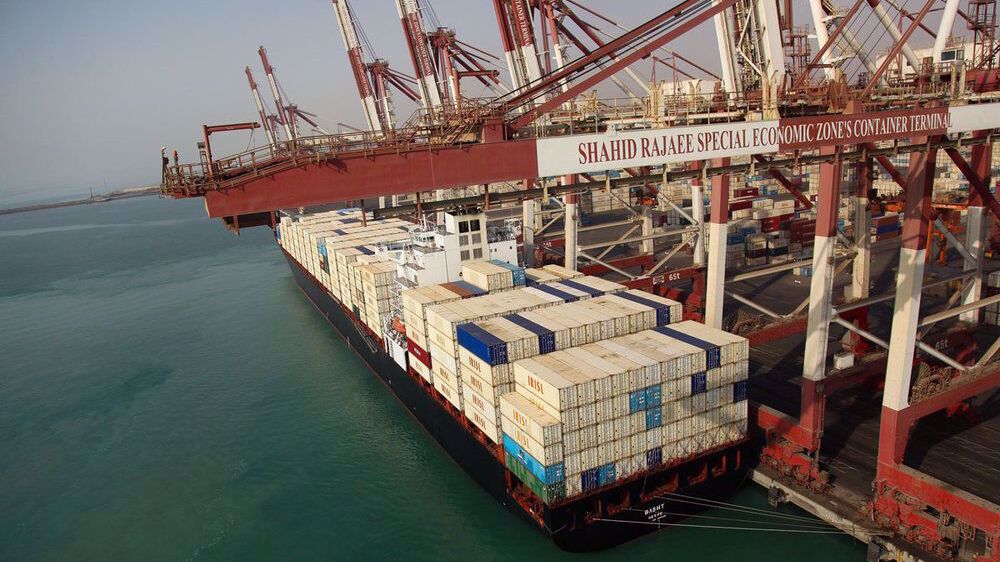
Iran’s state shipping company reports record rise in TEU activity
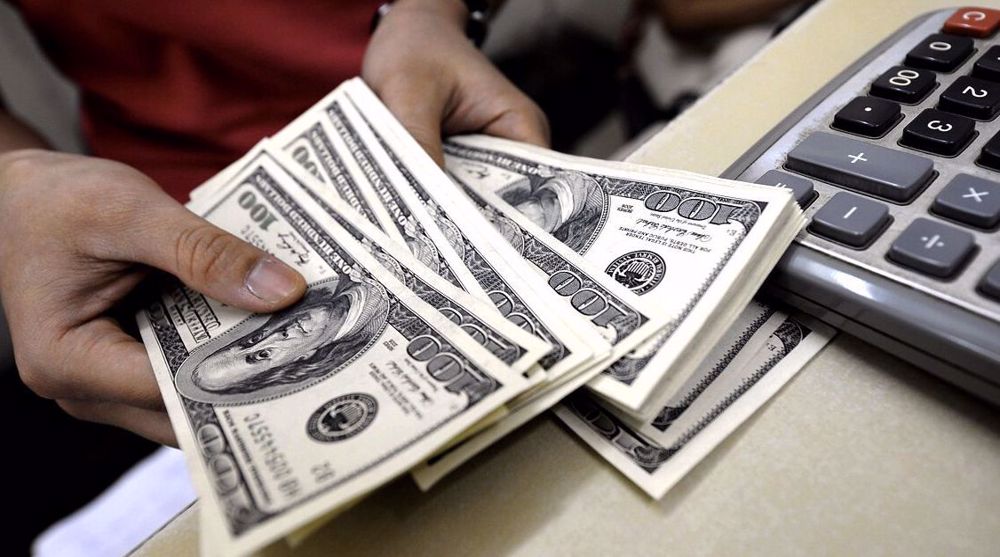
Iran petrochemicals under pressure for failing to return export proceeds
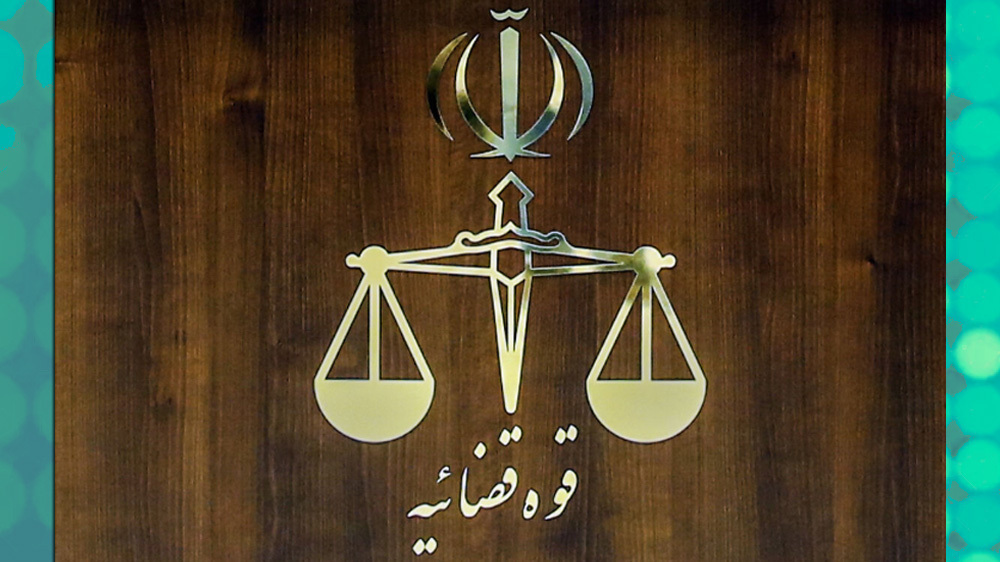
Iran court jails ex-ministers over role in massive corruption case
Persian Gulf states linked to Kushner's firm which funds illegal settlements
US police arrest 100 protesters calling for release of Mahmoud Khalil
Hamas and Islamic Jihad delegations meet in Doha
UN rapporteur: Israel engaged in 'ethnic cleansing' in West Bank
French MPs adopt resolution, calling for seizure of Russian assets
Israel jets bomb Damascus outskirts as tanks advance in Quneitra
UN Security Council meeting on Iran ‘blatant political maneuver’: Envoy
US imposes new sanctions day after Trump's letter delivered to Iran


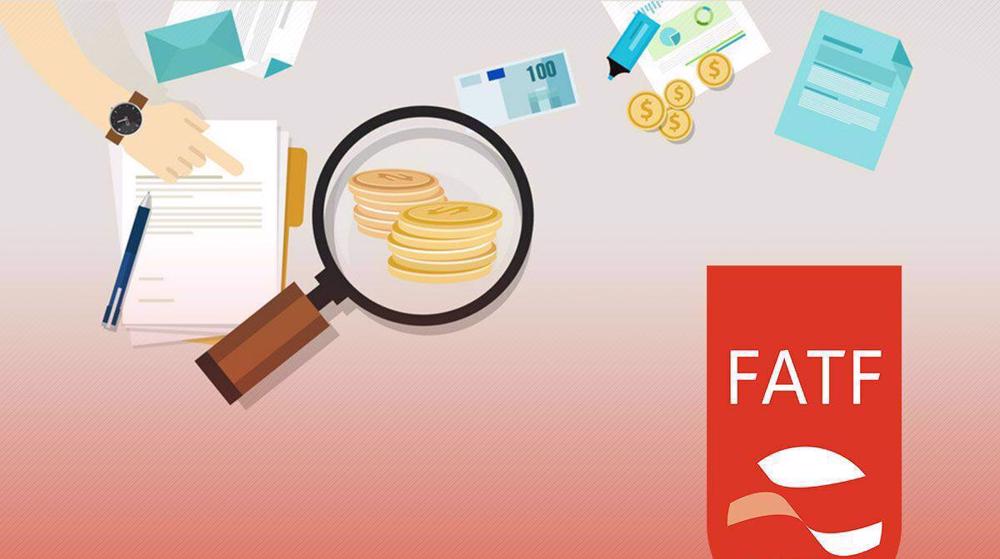
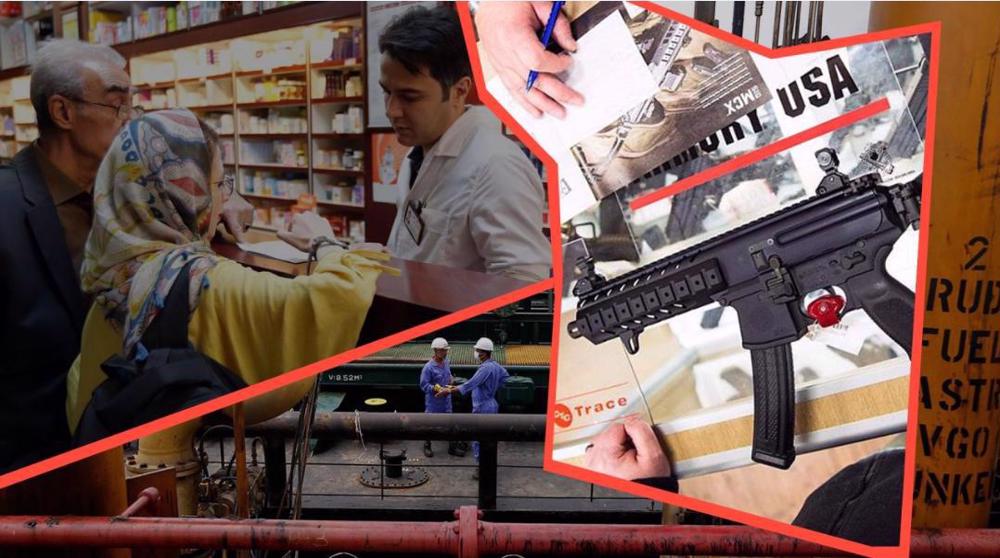




 This makes it easy to access the Press TV website
This makes it easy to access the Press TV website